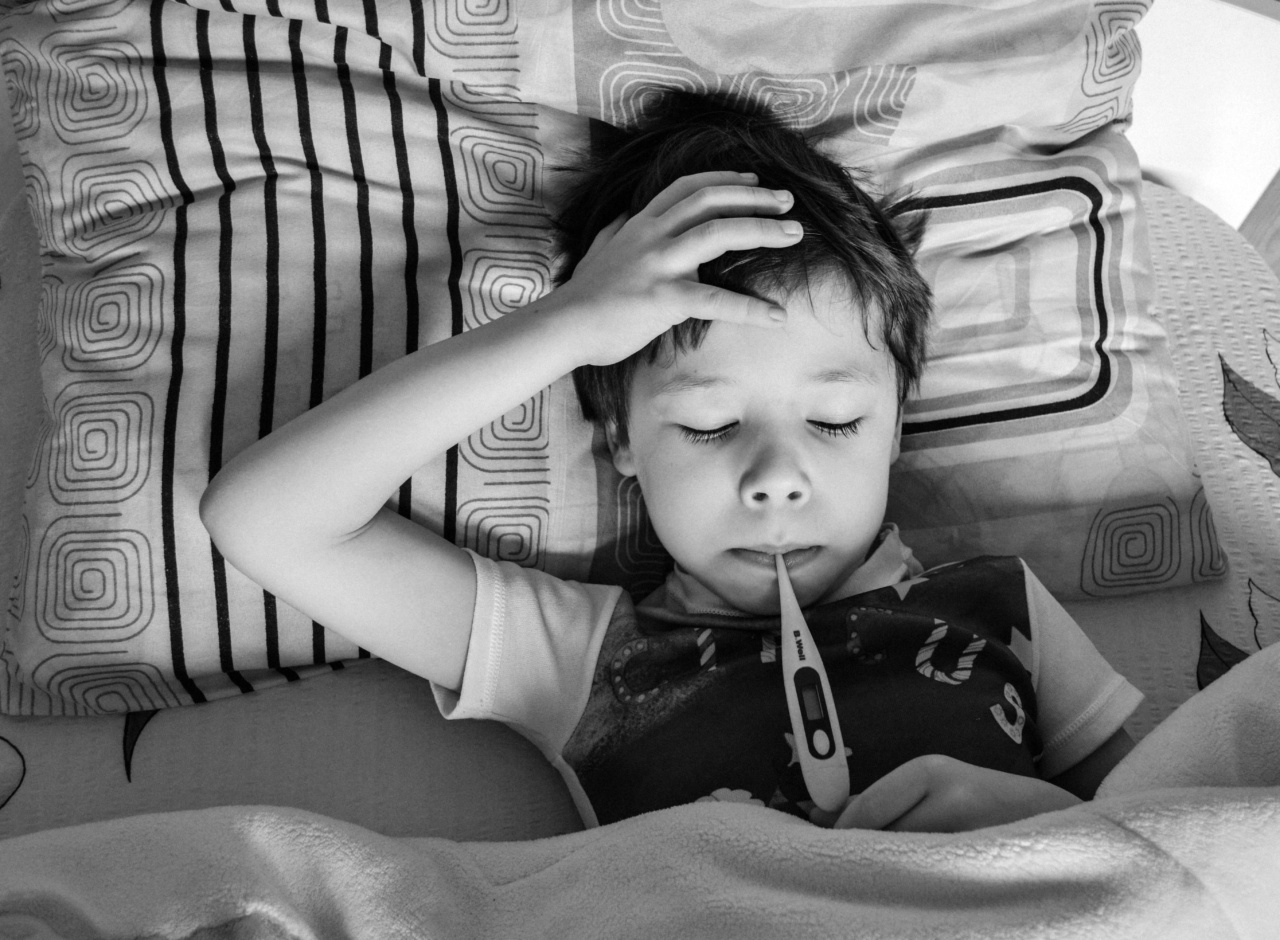Sleep apnea is a serious condition that affects millions of people across the world. People with sleep apnea experience disrupted breathing during sleep due to relaxation of the throat muscles, leading to shallow or even stopped breathing.
The condition can cause snoring, fatigue, morning headaches, and in some cases, high blood pressure and heart problems. While many people turn to medication to reduce their sleep apnea symptoms, there are several natural remedies and lifestyle changes that can help reduce sleep apnea symptoms without medication.
1. Lose Weight
One of the most effective ways to reduce sleep apnea symptoms without medication is to lose weight. Extra weight can put pressure on the throat muscles, making it harder for air to pass through during sleep.
According to research, even a small amount of weight loss can significantly improve sleep apnea symptoms.
2. Change Sleeping Position
Another way to reduce sleep apnea symptoms is to change your sleeping position. Sleeping on your back can worsen sleep apnea symptoms as it allows the tongue and soft palate to fall back into the throat, blocking the airway.
Instead, try sleeping on your side to keep the airway open.
3. Avoid Alcohol and Cigarettes
Alcohol relaxes the throat muscles, making it harder to breathe during sleep and leading to worsened sleep apnea symptoms. Similarly, smoking also narrows the air passages, making it harder to breathe normally.
Therefore, it is important to avoid drinking alcohol and smoking if you want to reduce sleep apnea symptoms naturally.
4. Practice Breathing Exercises
Some breathing exercises like deep breathing and pranayama can help in reducing sleep apnea symptoms. These exercises strengthen the muscles that control breathing and can lead to a better airflow in and out of the body.
Additionally, these exercises help to reduce stress levels, which can be beneficial for sleep quality.
5. Use a Humidifier
Dry air can irritate the throat and nasal passages, leading to congestion and making it harder to breathe. Using a humidifier can help to add moisture to the air, soothing the breathing passages and reducing the symptoms of sleep apnea.
6. Avoid Large Meals and Caffeine Before Bedtime
Overeating or consuming caffeine before bedtime can cause your stomach to produce more acid, which can lead to gastroesophageal reflux disease (GERD), which is a common cause of sleep apnea.
Additionally, large meals before bedtime can cause the diaphragm to push up against the lungs, making it harder to breathe. Therefore, it is important to avoid large meals and caffeine before bedtime to reduce sleep apnea symptoms.
7. Use Nasal Strips
Nasal strips can help to open up the nasal passages, making it easier to breathe during sleep. These strips are easy to use and are available at most drug stores. You simply apply the strip across the bridge of your nose before going to bed.
8. Sleep Regularly
Going to bed and waking up at the same time each day can help regulate your sleep patterns, which can be beneficial in reducing sleep apnea symptoms.
Additionally, establishing a consistent bedtime routine can signal to your body that it’s time to sleep, helping to promote better sleep quality.
9. Maintain Good Sleep Hygiene
Good sleep hygiene involves creating a sleep-conducive environment, which can help promote better sleep quality.
This includes keeping the room at a comfortable temperature, keeping the bedroom dark and quiet, and avoiding the use of electronic devices before bedtime.
10. Consider Using a CPAP Machine
If lifestyle changes alone do not improve your sleep apnea symptoms, a CPAP machine may be an alternative to medication.
Continuous positive airway pressure (CPAP) is a device that delivers a continuous stream of air through a mask that fits over your nose or mouth. This stream of air helps to keep the airway open throughout the night, reducing the symptoms of sleep apnea.
Conclusion
Sleep apnea can be a serious and disruptive condition, but there are several natural remedies and lifestyle changes that can help reduce symptoms without the need for medication.
Losing weight, changing sleeping position, avoiding alcohol and cigarettes, and using a humidifier are just a few examples. By implementing these changes, you can help improve your sleep quality and reduce the symptoms of sleep apnea.































